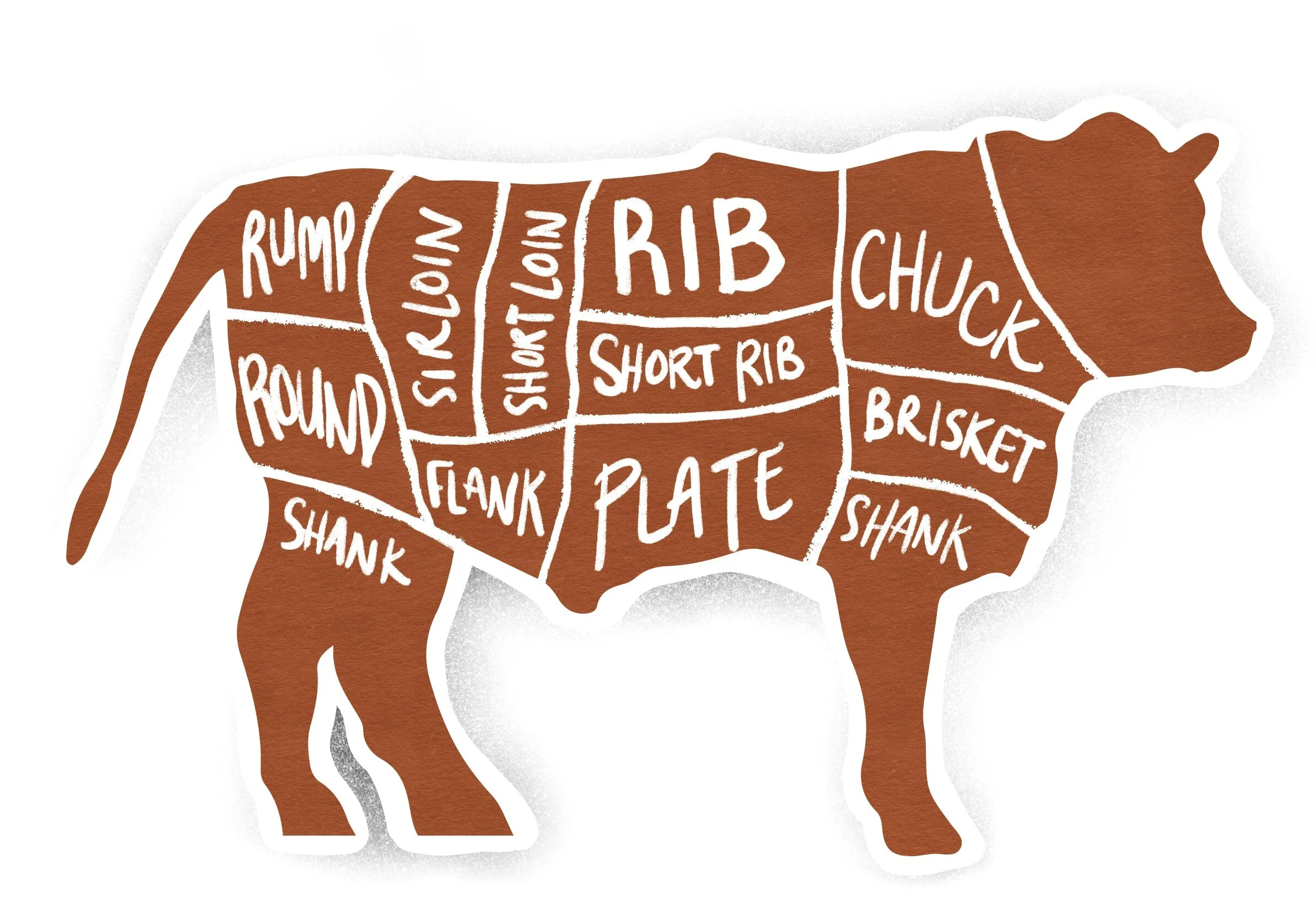Our Beliefs on Soil Health
Dr. Williams is constantly challenging us not just to use data to drive our decisions, but to look down, to see and smell the ground beneath our feet, to understand what keeps the soil well.
There are a lifetime’s supply of old fables and mantras which focus on the importance of building from the ground up. Children are reminded of stories of old builders who, in a race to construct a mighty castle, rush over the base and cause its ultimate demise.
This same concept holds true for a farm. In order to grow nutritious produce or to raise healthy animals, all nutrition starts with the soil. Yet over time, we’ve paid less and less attention to the soil and the land, prioritizing immediate crop yields and using chemicals to protect our plants and animals.
As a culture in the United States and in most capitalist societies, we constantly measure our businesses, our teams, and ourselves by our levels of “efficiency”. Yet what is missing in this analysis is a definition of what efficiency actually means. Efficient for who? Efficient for how long? Efficient in what context?
This need for efficiency has bled into all industries – including farming. Though not to chide the human desire for “making things better”, our demands for more growth, for faster growth, have often come at the expense of the land and the soil.
Soil is a living ecosystem. While this makes sense objectively, how much time do we spend thinking about the vivaciousness of the land and how that vibrancy enhances (or diminishes) our food?
We assume that soil is inanimate. If it does not live, we have no responsibility to provide it with nurture, attention, and care.
The foundation of our operation and a reason to look down every day.
With each passing decade, farming has become increasingly industrialized. With that commercialization of our food systems, the soil has taken a hit. Mass agriculture, minimized crop diversity, favored short-term yields, and overgrazing have left the land depleted. Overworked and stripped of vital nutrients, the soil not only struggles to perform for future harvests but is also susceptible to erosion and long-term degradation.
Yet all hope is not lost. The soil is resilient and communicates its health to us in many ways; from the strength by which it holds water to the perfumes it releases to the tenants it hosts, the soil does not go out without first making a case for its life.
At BDA we’re lucky to work under the guidance of Dr. Allen Williams. A 6th generation farmer and a leading world expert in grazing methodology and regenerative agriculture, Dr. Williams is constantly challenging us not just to use data to drive our decisions, but to look down, to see and smell the ground beneath our feet, to understand what keeps the soil well.
When we first moved onto the land that now comprises our farm, the land was depleted from years of over-farming. Under his leadership, Dr. Williams trained our team not only on the science of water retention, increased land productivity, biodiversity, and healthier crops, but also why this is important.
It’s not uncommon to walk through our gardens or our pastures and hear the team talking about how a certain practice builds the land. Everything we do, from our rotational grazing to our no-till practices, is in the hope of not just sustaining the land but rebuilding it for future generations.
We’re not perfect. And we still learn how we can adjust and adapt our practices to fit better into our vision of a healthy land. Our hope is to set a new standard – that we can still take care of our communities and still create food while protecting our Earth for long-term viability.






